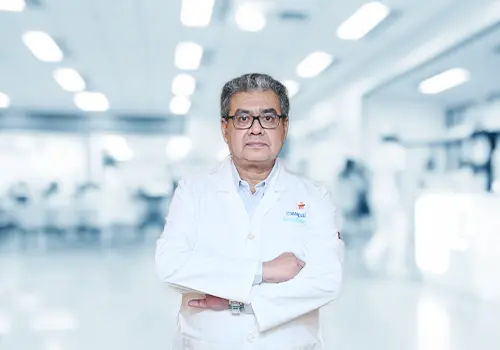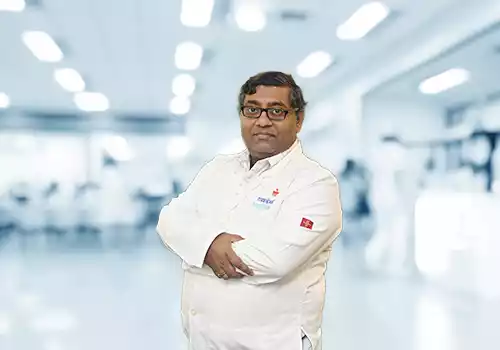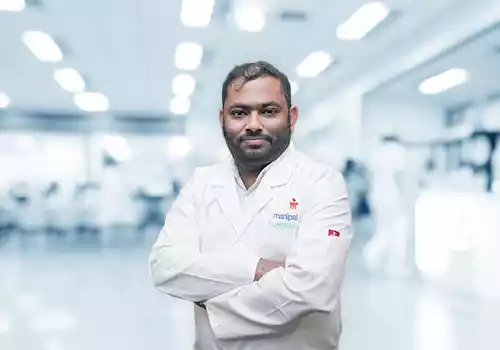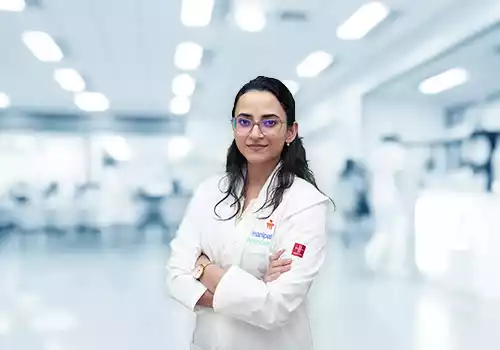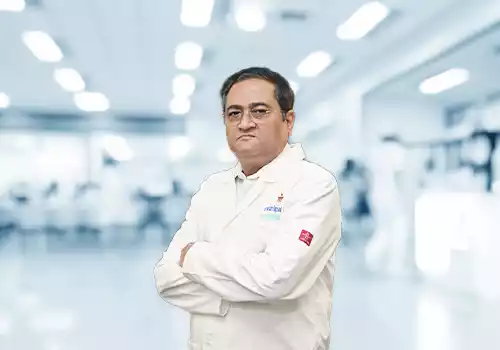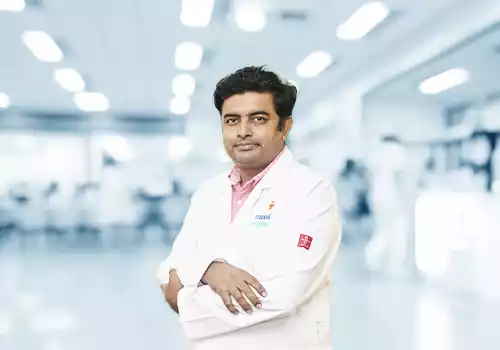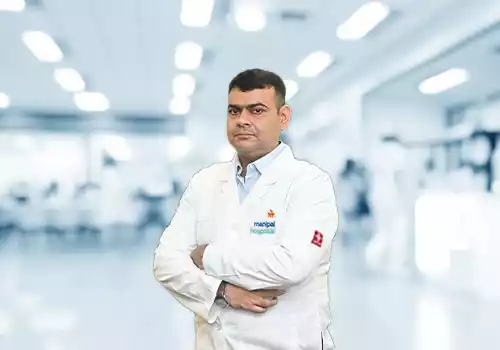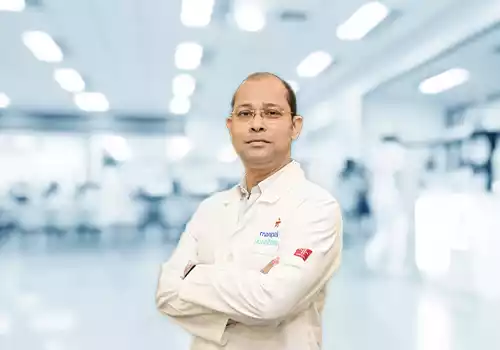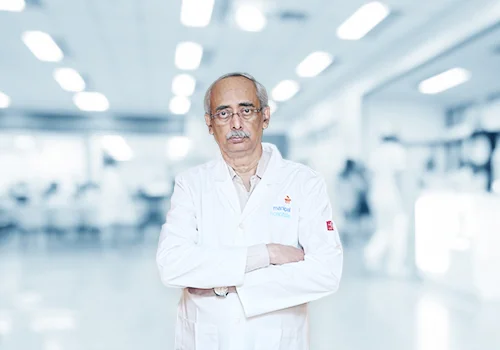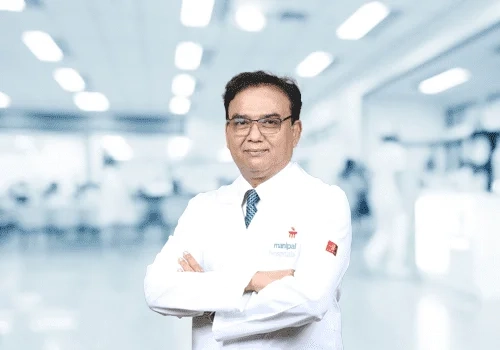
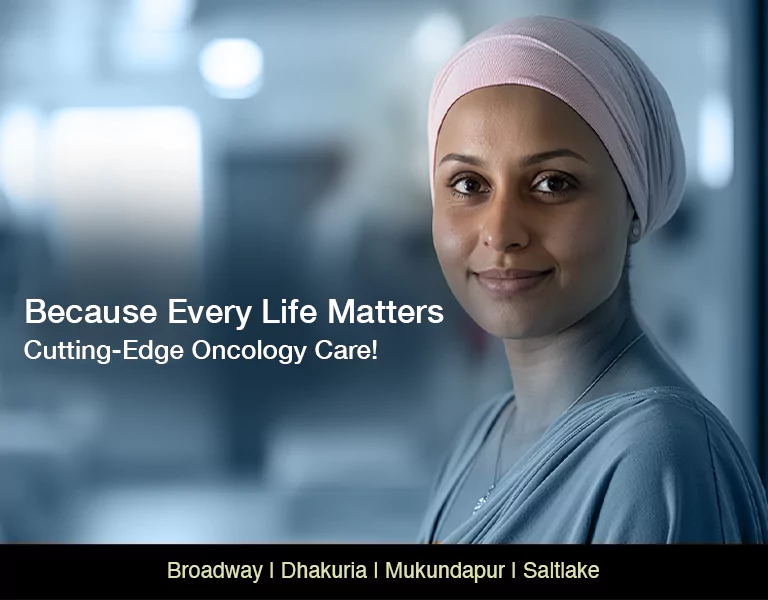
Request an Appointment
Our Clinical Team
Our Clinical Team
Dhakuria - Kolkata
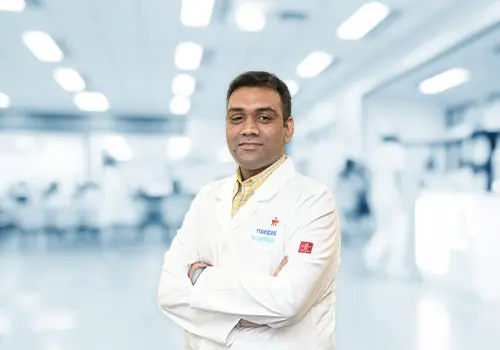
Dr. Ashutosh Daga
Consultant Medical Oncology Specialist
Call Us Book Appointment
Dhakuria - Kolkata
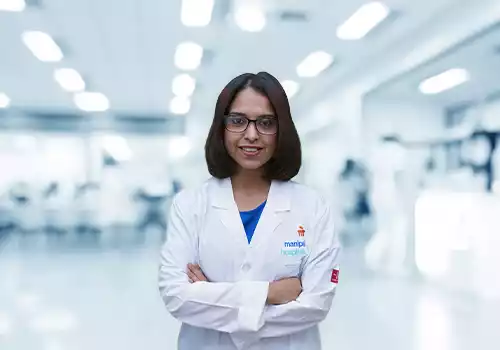
Dr. Shreya Bhattacharya
Consultant – Head and Neck Surgery / Oncology
Call Us Book Appointment
Dhakuria - Kolkata
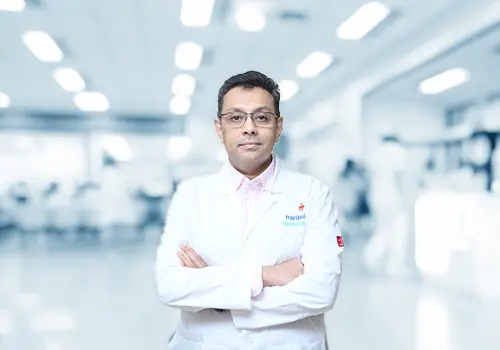
Dr. Shubhayu Banerjee
Consultant - General and Laparoscopic GI and Oncology Surgeries
Call Us Book Appointment
Our Clinical Team
Our Clinical Team
Treatment and Procedures
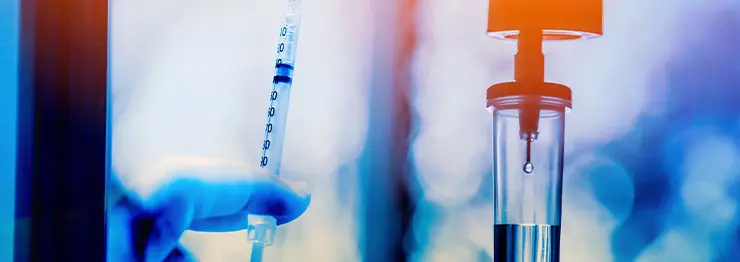
Chemotherapy remains the established treatment for advanced cancers, malignant solid tumours, and blood disorders. This approach uses targeted drugs to combat cancer cell growth. Chemotherapy administers these drugs orally as pills/liquids, intravenously, or intrathecally, directly into the spinal fluid.
Treatment and Procedures
Treatment and Procedures
Treatment and Procedures
What Makes Us a Leader in Healthcare?
Top specialists. Advanced technology. Exceptional healthcare.

-
70+ Years of experience
-
5,600+ Doctors
-
10,500+ Beds
-
19 Serving Cities
-
45+ millions lives touched
Testimonials
- Debashis Das
- Monika Sharma
Testimonials
- Gargi Chakraborty
- Rani Gupta
Testimonials
- Sunil Singh
- Manisha Sharma
Testimonials
- Debashis Das
- Monika Sharma
FAQs
During the first visit, the oncologist will conduct a comprehensive evaluation, which may include a physical exam, reviewing medical history, and diagnostic tests like biopsies. This allows the team to accurately diagnose the type and stage of cancer and accordingly formulate a diagnosis.
It is recommended to see an oncologist if you have received a cancer diagnosis, even if it's in the early stages. Oncologists specialise in cancer care and can provide expert guidance on the most effective treatment approaches.
Cancer is a broad term that comprises over 100 different diseases. The main types of cancer include carcinomas (affecting the epithelial cells), sarcomas (affecting the connective tissues), leukemias (affecting the blood and bone marrow), lymphomas (affecting the lymphatic system), and central nervous system cancers. These cancers can be further divided into more types.
Offer to accompany them to appointments, help with daily tasks, provide emotional support, and be a compassionate listener. Encourage them to take care of their physical and mental well-being, and help coordinate practical assistance like meals, transportation, or childcare. Most importantly, let them know you are there for them every step of the way.
First, the oncology team will confirm the cancer diagnosis and stage through various tests and scans. They will then develop a personalised treatment plan, which may include a combination of therapies such as surgery, chemotherapy, radiation, targeted therapy, or immunotherapy. Throughout the treatment process, the oncology team will closely monitor the patient's response and make adjustments.
FAQs
During the first visit, the oncologist will conduct a comprehensive evaluation, which may include a physical exam, reviewing medical history, and diagnostic tests like biopsies. This allows the team to accurately diagnose the type and stage of cancer and accordingly formulate a diagnosis.
It is recommended to see an oncologist if you have received a cancer diagnosis, even if it's in the early stages. Oncologists specialise in cancer care and can provide expert guidance on the most effective treatment approaches.
Cancer is a broad term that comprises over 100 different diseases. The main types of cancer include carcinomas (affecting the epithelial cells), sarcomas (affecting the connective tissues), leukemias (affecting the blood and bone marrow), lymphomas (affecting the lymphatic system), and central nervous system cancers. These cancers can be further divided into more types.
Offer to accompany them to appointments, help with daily tasks, provide emotional support, and be a compassionate listener. Encourage them to take care of their physical and mental well-being, and help coordinate practical assistance like meals, transportation, or childcare. Most importantly, let them know you are there for them every step of the way.
First, the oncology team will confirm the cancer diagnosis and stage through various tests and scans. They will then develop a personalised treatment plan, which may include a combination of therapies such as surgery, chemotherapy, radiation, targeted therapy, or immunotherapy. Throughout the treatment process, the oncology team will closely monitor the patient's response and make adjustments.
FAQs
During the first visit, the oncologist will conduct a comprehensive evaluation, which may include a physical exam, reviewing medical history, and diagnostic tests like biopsies. This allows the team to accurately diagnose the type and stage of cancer and accordingly formulate a diagnosis.
It is recommended to see an oncologist if you have received a cancer diagnosis, even if it's in the early stages. Oncologists specialise in cancer care and can provide expert guidance on the most effective treatment approaches.
Cancer is a broad term that comprises over 100 different diseases. The main types of cancer include carcinomas (affecting the epithelial cells), sarcomas (affecting the connective tissues), leukemias (affecting the blood and bone marrow), lymphomas (affecting the lymphatic system), and central nervous system cancers. These cancers can be further divided into more types.
Offer to accompany them to appointments, help with daily tasks, provide emotional support, and be a compassionate listener. Encourage them to take care of their physical and mental well-being, and help coordinate practical assistance like meals, transportation, or childcare. Most importantly, let them know you are there for them every step of the way.
First, the oncology team will confirm the cancer diagnosis and stage through various tests and scans. They will then develop a personalised treatment plan, which may include a combination of therapies such as surgery, chemotherapy, radiation, targeted therapy, or immunotherapy. Throughout the treatment process, the oncology team will closely monitor the patient's response and make adjustments.
FAQs
During the first visit, the oncologist will conduct a comprehensive evaluation, which may include a physical exam, reviewing medical history, and diagnostic tests like biopsies. This allows the team to accurately diagnose the type and stage of cancer and accordingly formulate a diagnosis.
It is recommended to see an oncologist if you have received a cancer diagnosis, even if it's in the early stages. Oncologists specialise in cancer care and can provide expert guidance on the most effective treatment approaches.
Cancer is a broad term that comprises over 100 different diseases. The main types of cancer include carcinomas (affecting the epithelial cells), sarcomas (affecting the connective tissues), leukemias (affecting the blood and bone marrow), lymphomas (affecting the lymphatic system), and central nervous system cancers. These cancers can be further divided into more types.
Offer to accompany them to appointments, help with daily tasks, provide emotional support, and be a compassionate listener. Encourage them to take care of their physical and mental well-being, and help coordinate practical assistance like meals, transportation, or childcare. Most importantly, let them know you are there for them every step of the way.
First, the oncology team will confirm the cancer diagnosis and stage through various tests and scans. They will then develop a personalised treatment plan, which may include a combination of therapies such as surgery, chemotherapy, radiation, targeted therapy, or immunotherapy. Throughout the treatment process, the oncology team will closely monitor the patient's response and make adjustments.


